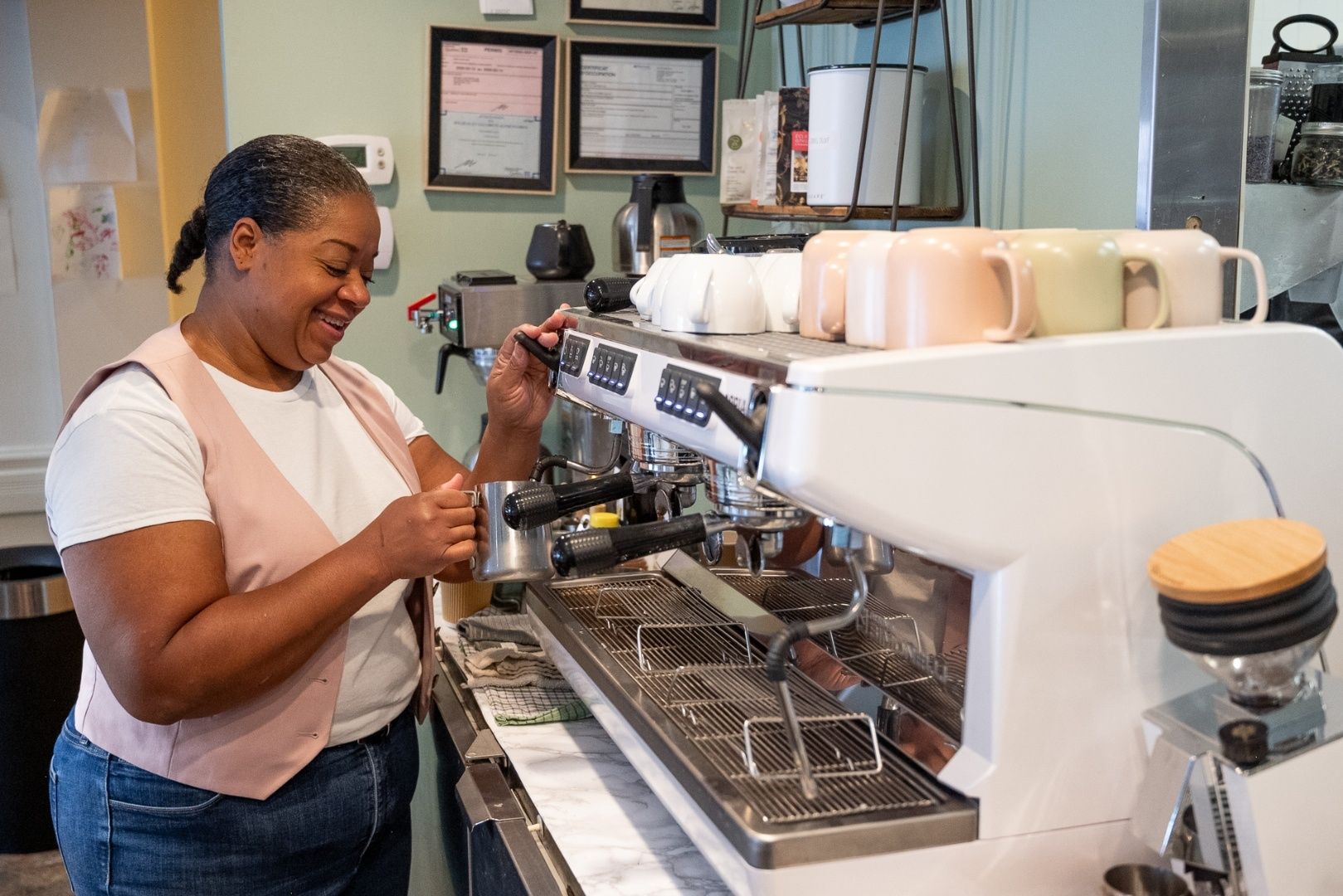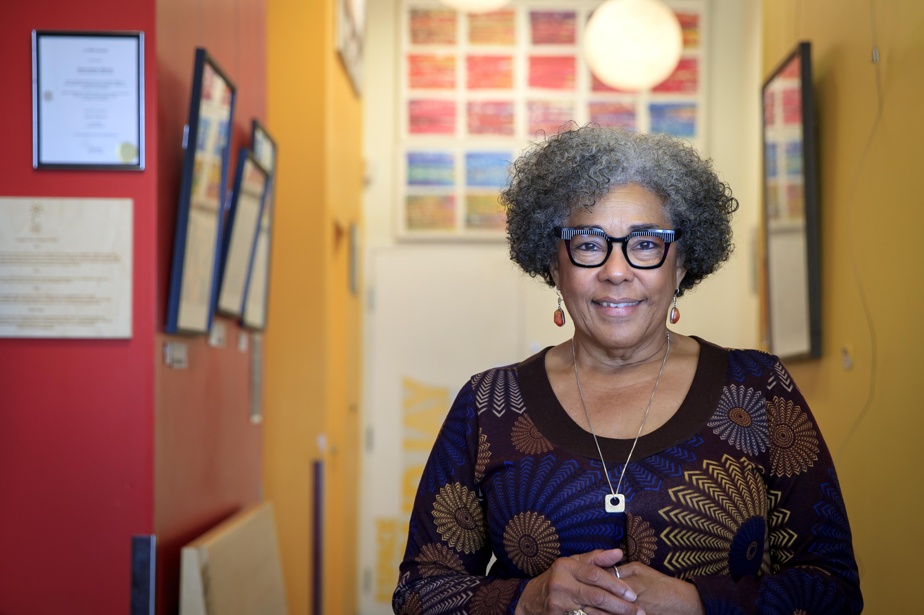In Pointe-Saint-Charles, the graffiti on the facade is the first thing you notice when you stop in front of the English-speaking Khadija Mosque.
Impossible to overlook them, as they attract attention because of their size. These modern hieroglyphs are virtually illegible, and our team of aspiring journalists at La Converse quickly gave up the idea of deciphering them and pushing the front door. Inside, the atmosphere is quite different. There is something solemn and spiritual in the air. You would feel guilty fiddling with your phone in a place considered sacred by many. The first thing we notice is that everyone is greeting us. “Aleykum salam,” says an old man as he passed by. Does he think we are all Muslims?
It will soon be discovered that this is not the case. We take off our shoes, and Ashek Ahmad, the warm director of the mosque, welcomes us with conviviality. Quickly, our team found themselves in the middle of a discussion with him and Nafija Rahman, a well-known fan in the neighborhood. Ashek Ahmad shared with us the situation of the mosque and the difficulties experienced by the surrounding communities, and he told us about Islam. He also tells us the story of Khadijah, the wife of the Prophet Mohammed after whom the mosque is named. A woman entrepreneur that many young girls could take as a model of perseverance, believes Ashek. “[...] She was the equivalent of a billionaire at the time,” adds Nafija Rahman.
Ashek Ahmad discusses the food insecurity experienced by several families in the neighborhood and community. He feels that the city offers little support in this regard. But, whether Muslim or Christian, places of worship become help centers for several families in the neighborhood. During Ramadan, Ashek set himself the task of distributing food to these families. “The Hadith wants us to make sure that our neighbors, 40 neighbors to the north, east, south and west, are taken care of [...]”, explains Nafija.
So, during the month of Ramadan, Ashek helps 160 neighbours from all walks of life and from all backgrounds and religions — students, families newly settled in Canada, seniors, etc. All of a sudden, it's 7:50 p.m. It's time forIftar, the breaking of the fast. We are invited to eat, but first, we pray. Although several members of the La Converse team are regular visitors to mosques, this is a first for me. I join the faithful by placing myself completely at the back.
I don't know the words of the prayer, but I mimic the movements of those who are near me. We get up. We kneel down. Place your forehead against the ground. We're getting up again. We kneel down. Place your forehead against the ground. There is something therapeutic about the repetition of these movements, my head is emptied of all external thoughts and considerations. Right now, nothing is more important than the present moment. I think of those believers in the Sainte-Foy mosque, the mosques in Christchurch, New Zealand, who were doing the same thing when a terrorist broke into their place of prayer. Finally, we can eat. Everyone sits on the floor. We share the meal in a good mood and we meet a group of Pakistani students from Concordia.
“It's not our mosque,” one of them tells us with a laugh. We come here for the food.” Everyone is welcome here, and the man who said hello to me earlier knew I wasn't Muslim, but that didn't matter to him. The Khadijah Mosque opens its doors to everyone, Muslims and non-Muslims alike, and offers everyone what little they have, out of kindness. Outside, graffiti is still there, giving off harmful waves, the result of hateful and Islamophobic feelings. What did the people who vandalized the mosque think?
We found nothing but fraternity, love, and a great respect for traditions and sharing. You just have to push the door to discover the same thing.







.jpg)

